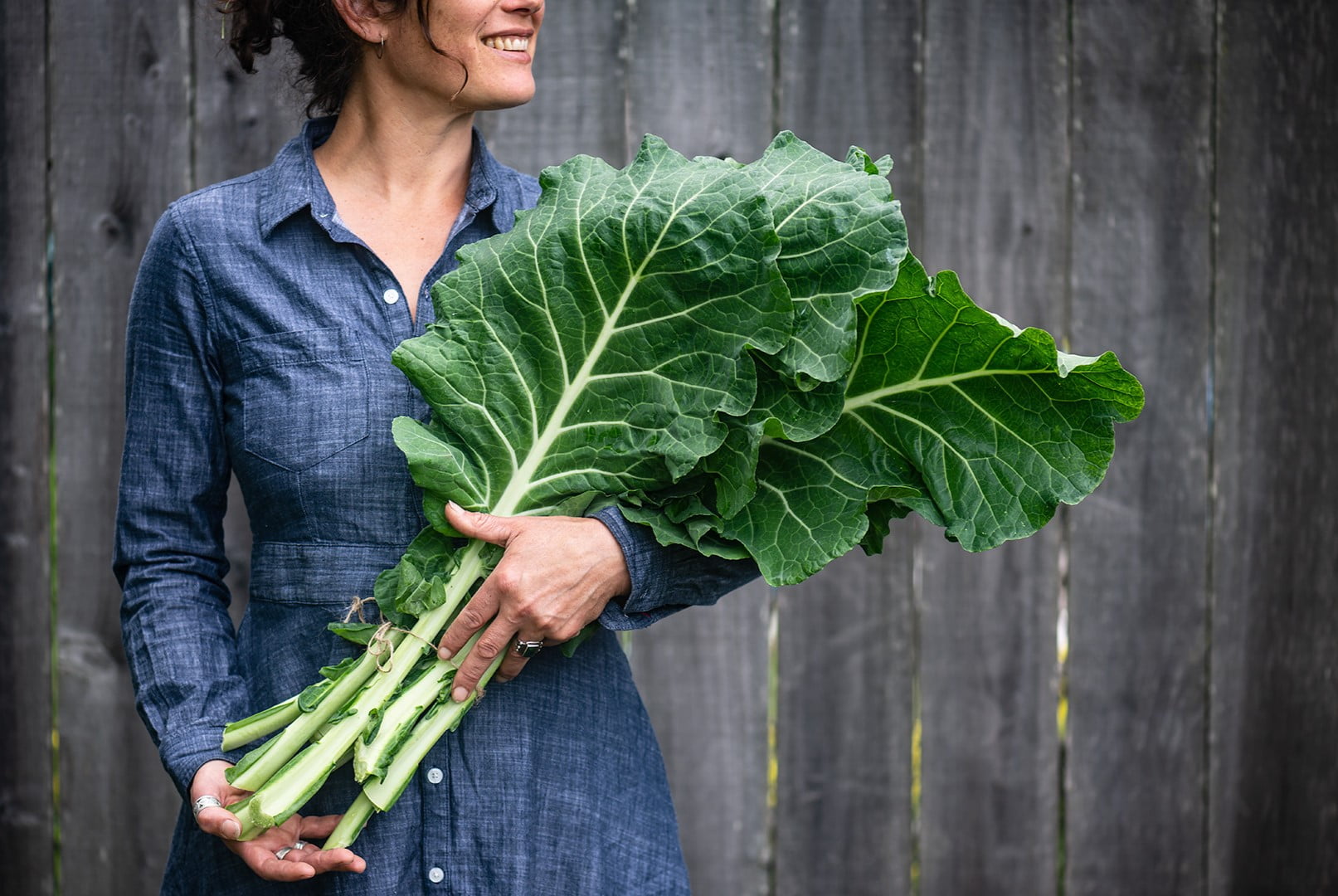
Tree collards might not be the first thing that comes to mind when thinking about leafy greens, but they pack a punch in both nutrition and versatility. These perennial plants, often towering over traditional collard greens, offer a unique twist to your garden and kitchen. Why should you care about tree collards? They provide a continuous harvest throughout the year, making them a gardener's dream. Plus, their resilience to pests and diseases means less hassle for you. Imagine having a steady supply of fresh, nutrient-rich greens without the constant replanting. Intrigued yet? Let's dive into some fascinating facts about these towering greens that could change the way you think about your vegetable garden.
Key Takeaways:
- Tree collards are perennial vegetables that can grow for years, reaching impressive heights of up to 10 feet. They are nutrient-rich, versatile in the kitchen, and offer environmental benefits like carbon sequestration and soil improvement.
- With a rich cultural history, tree collards have been a staple in African-American and Southern cuisine for generations, valued for their resilience and nutritional benefits. They are a delicious and sustainable addition to any garden.
What is Tree Collard?
Tree collard, also known as perennial collard, is a leafy green vegetable that grows on a woody stem. Unlike traditional collards, tree collards can live for several years, providing a continuous harvest. Here are some fascinating facts about this unique plant.
-
Perennial Nature: Unlike most collard greens, tree collards are perennials, meaning they can grow for multiple years without needing to be replanted.
-
Height: Tree collards can reach impressive heights, often growing up to 10 feet tall under optimal conditions.
-
Climate Tolerance: These plants are quite hardy, thriving in both hot and cold climates, making them versatile for various regions.
-
Nutrient-Rich: Tree collards are packed with nutrients, including vitamins A, C, and K, as well as calcium and iron.
Growing Tree Collards
Growing tree collards can be a rewarding experience for gardeners. They require minimal maintenance and can provide a bountiful harvest year-round.
-
Propagation: Tree collards are typically propagated through cuttings rather than seeds. This method ensures the new plants retain the characteristics of the parent plant.
-
Soil Requirements: They prefer well-drained soil with a pH between 6.0 and 7.5, but they can tolerate a range of soil types.
-
Watering Needs: While they are drought-tolerant, tree collards thrive with regular watering, especially during dry spells.
-
Pest Resistance: Tree collards are relatively pest-resistant, though they can occasionally be affected by aphids or cabbage worms.
Culinary Uses of Tree Collards
Tree collards are not only nutritious but also versatile in the kitchen. They can be used in various dishes, adding a healthy twist to your meals.
-
Flavor Profile: The leaves have a slightly sweeter and milder flavor compared to traditional collard greens, making them more palatable for some people.
-
Cooking Methods: Tree collards can be steamed, sautéed, or added to soups and stews. They can also be eaten raw in salads or smoothies.
-
Leaf Harvesting: Leaves can be harvested year-round. Younger leaves are more tender and suitable for raw consumption, while older leaves are better cooked.
Environmental Benefits
Tree collards offer several environmental benefits, making them an excellent choice for sustainable gardening.
-
Carbon Sequestration: As a perennial plant, tree collards help sequester carbon in the soil, contributing to climate change mitigation.
-
Soil Health: Their deep root systems help improve soil structure and fertility, reducing the need for synthetic fertilizers.
-
Biodiversity: Growing tree collards can support local biodiversity by providing habitat and food for beneficial insects and pollinators.
Historical and Cultural Significance
Tree collards have a rich history and cultural significance, particularly in certain regions.
- Cultural Roots: Tree collards have been a staple in African-American and Southern cuisine for generations, valued for their resilience and nutritional benefits.
Final Thoughts on Tree Collards
Tree collards are a fascinating plant with a lot to offer. They’re not only packed with nutrients but also incredibly versatile in the kitchen. From their ability to thrive in various climates to their long lifespan, these greens are a gardener's dream. Plus, their low maintenance makes them perfect for both novice and experienced gardeners.
Their rich history and cultural significance add another layer of interest. Whether you’re growing them for their health benefits or simply to add some greenery to your garden, tree collards are a fantastic choice.
So, if you haven’t considered adding tree collards to your garden yet, now’s the time. They’re a sustainable, nutritious, and easy-to-grow option that can benefit both your diet and your garden. Give them a try and see the difference they can make!
Frequently Asked Questions
Was this page helpful?
Our commitment to delivering trustworthy and engaging content is at the heart of what we do. Each fact on our site is contributed by real users like you, bringing a wealth of diverse insights and information. To ensure the highest standards of accuracy and reliability, our dedicated editors meticulously review each submission. This process guarantees that the facts we share are not only fascinating but also credible. Trust in our commitment to quality and authenticity as you explore and learn with us.


